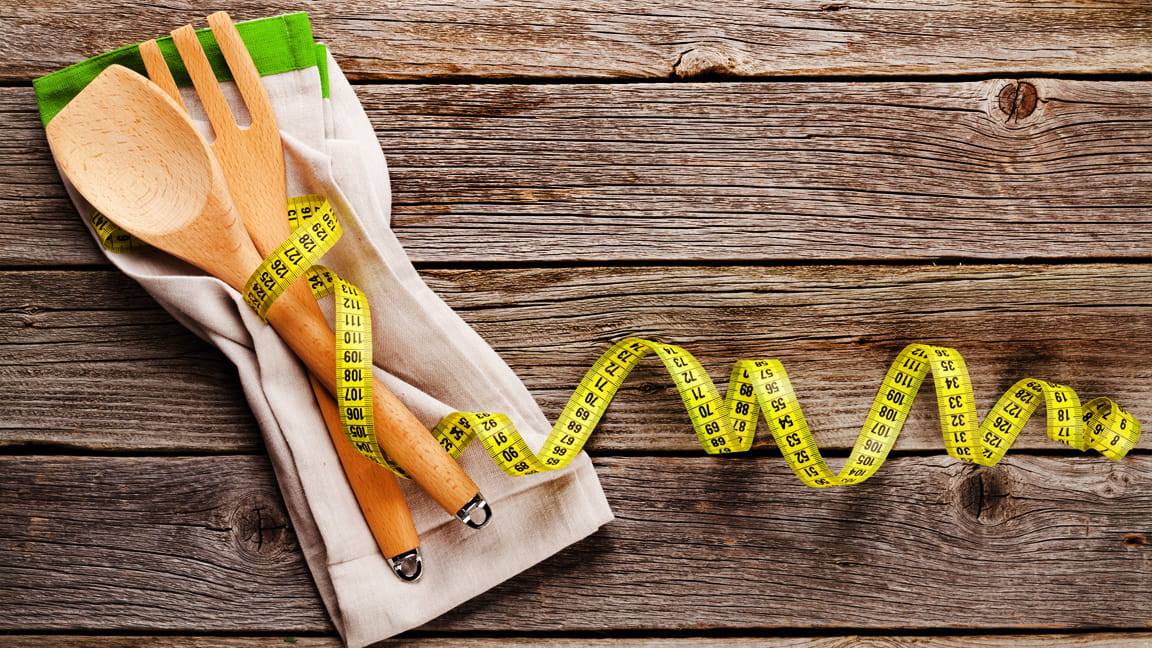As we age, our bodies undergo several changes that can impact how we lose weight. For many individuals over the age of 40, weight loss can become more challenging, as metabolism slows down, muscle mass decreases, and hormonal changes occur. However, with the right adjustments to diet and exercise routines, it’s still possible to achieve and maintain a healthy weight. In this article, we’ll explore the key strategies for losing weight after 40 and how to adjust your lifestyle to support your weight loss goals.
Understanding the Challenges of Weight Loss After 40
Slower Metabolism
As you age, your metabolism naturally begins to slow down. This means that your body burns fewer calories at rest than it did when you were younger. A slower metabolism can make it harder to create a calorie deficit, which is essential for weight loss.
Hormonal Changes
For women, the transition into menopause can significantly impact weight loss efforts. Hormonal shifts in estrogen and progesterone levels often lead to weight gain, particularly around the abdominal area. Men also experience hormonal changes, with testosterone levels gradually decreasing, which can affect muscle mass and fat distribution.
Muscle Loss
After the age of 30, you begin to lose muscle mass, a process called sarcopenia. This can lead to a decrease in the number of calories you burn, as muscle tissue burns more calories at rest than fat tissue. Losing muscle mass can also make it harder to maintain strength and mobility, further complicating weight loss efforts.
Adjusting Your Diet for Weight Loss After 40
Prioritize Protein
As muscle mass decreases with age, it becomes even more important to prioritize protein in your diet. Protein helps preserve muscle tissue and promotes a sense of fullness, which can help you manage your calorie intake. Include lean protein sources like chicken, turkey, tofu, eggs, and legumes in your meals.
Focus on Nutrient-Dense Foods
With a slower metabolism, your body needs more nutrients to support energy levels and overall health. Choose foods that are rich in vitamins and minerals, such as leafy greens, berries, and whole grains. These foods provide fiber and antioxidants while keeping your calorie intake in check.
Watch Your Portion Sizes
As you age, your caloric needs may decrease. It’s important to adjust portion sizes to reflect this change, even if you’re eating healthier foods. Consider using smaller plates or measuring your food to avoid overeating. Mindful eating can also help you recognize when you’re full, preventing unnecessary calorie intake.
Limit Refined Carbs and Sugar
Refined carbs and sugar can spike insulin levels, leading to fat storage and weight gain. After 40, your body may become more sensitive to insulin, which can affect weight management. Reduce your intake of sugary snacks, baked goods, and processed foods. Opt for complex carbohydrates, such as whole grains and vegetables, which provide steady energy and support fat loss.
Incorporating Exercise for Weight Loss After 40
Focus on Strength Training
Strength training is one of the most effective ways to combat age-related muscle loss and increase metabolism. Incorporating weightlifting or bodyweight exercises into your routine helps build muscle mass, which in turn boosts your resting metabolic rate. Aim to strength train at least two to three times per week.
Cardiovascular Exercise
While strength training is crucial, cardiovascular exercise also plays a key role in weight loss. It helps burn calories and improves heart health. Low-impact activities like walking, cycling, swimming, or using an elliptical machine are great options for individuals over 40. Aim for 150 minutes of moderate-intensity aerobic activity per week, or 75 minutes of vigorous-intensity exercise.
Flexibility and Mobility Work
As you age, your joints and muscles may become stiffer, leading to decreased mobility. Incorporating stretching, yoga, or Pilates into your routine can help maintain flexibility and reduce the risk of injury. These activities also promote relaxation and can support mental well-being, which is crucial for overall health.
Lifestyle Factors That Affect Weight Loss
Sleep and Recovery
Getting enough quality sleep is vital for weight loss and overall health, especially after the age of 40. Lack of sleep can interfere with the body’s ability to regulate hunger hormones, leading to increased appetite and cravings for unhealthy foods. Aim for 7 to 9 hours of sleep each night to support your weight loss efforts.
Stress Management
Chronic stress can trigger the release of cortisol, a hormone that encourages fat storage, particularly in the abdominal area. Managing stress through relaxation techniques such as meditation, deep breathing exercises, or spending time in nature can help prevent weight gain and improve your emotional well-being.
Hydration
Drinking plenty of water throughout the day is essential for weight loss and overall health. Sometimes, thirst can be mistaken for hunger, leading to overeating. Staying hydrated helps with digestion, keeps you energized, and supports metabolic function.
Conclusion
Weight loss after 40 may require more effort, but it is certainly achievable with the right diet, exercise routine, and lifestyle changes. By prioritizing protein, focusing on nutrient-dense foods, incorporating strength training, and managing stress, you can overcome the challenges that come with aging and achieve a healthy weight. Remember that patience is key, and gradual, sustainable changes are the most effective way to reach your long-term health and fitness goals.
FAQs
1. Can I still lose weight after 40 even if my metabolism has slowed down? Yes, it is still possible to lose weight after 40. By adjusting your diet to include more protein, reducing refined carbs, and incorporating strength training, you can support your metabolism and create a calorie deficit necessary for weight loss.
2. How often should I exercise to lose weight after 40? Aim for at least 150 minutes of moderate-intensity aerobic exercise per week, along with two to three strength training sessions. This combination will help boost metabolism, preserve muscle mass, and promote fat loss.
3. What is the best diet for weight loss after 40? A balanced diet that prioritizes protein, healthy fats, and fiber-rich vegetables is ideal. Limiting refined sugars, processed foods, and focusing on nutrient-dense options like whole grains and lean proteins will help support weight loss.


Leave a Reply